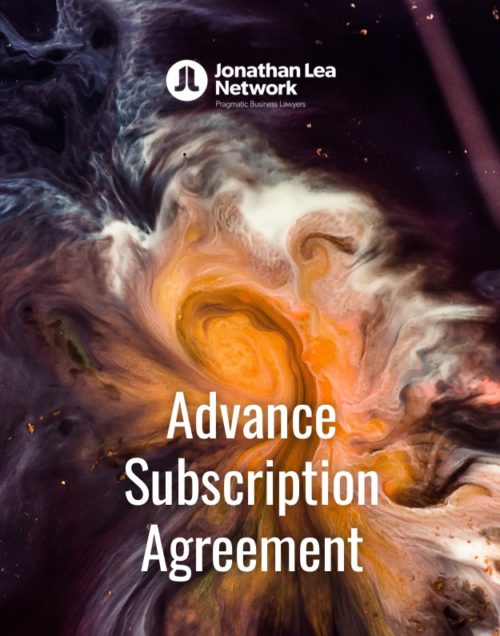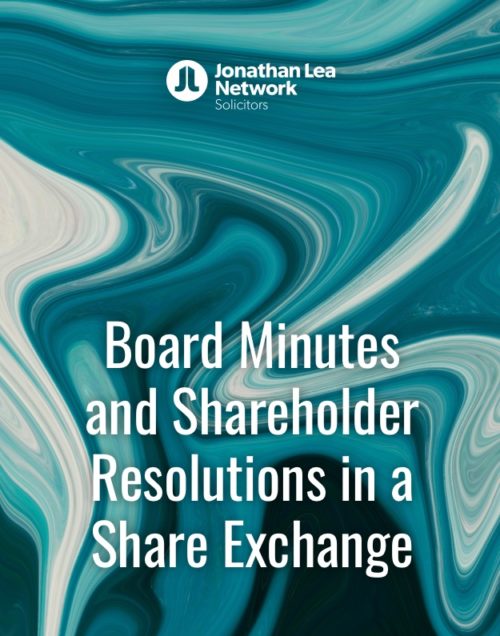Declaration of Trust Over Company Shares
£6.99
This product constitutes an easily adaptable pro forma declaration of trust over company shares, together with a tailored guidance note which aims to set out how to correctly fill-out the template and explain all of the most significant provisions so as to allow you to put into effect a valid and legally binding Deed of Trust over company shares.
This standard document is drafted for use by one nominee shareholder holding the shares on trust for the beneficial owner.
Further down the page are our guidance notes relating to this template, guidance notes which you will also receive as a separate document when you buy the product.
Explanatory Notes
As like so many other assets, company shares can be the subject of a trust. This document can be used if there are one or more nominee shareholders holding company shares on trust for the beneficial owner of the shares. This document is drafted with one nominee shareholder as a starting point (as it is most common for there to be only one nominee shareholder, but there can be more nominees if necessary).
Please note the following:
i. provided that the proportion or number of shares is clear, then a declaration of trust that a person is trustee for another of a proportion of the shares owned by the trustee is not void for lack of certainty as per Hunter v Moss [1994] 1 WLR 452;
ii. as per section 126 of the Companies Act 2006, for the purposes of the membership register, the company is not concerned with any trusts to which its shares may be subject as the members shown on the register of shareholders are its members, regardless of whether or not they are trustees or nominees for another; and
iii. as per section 286 of the Companies Act 2006, in the case of joint shareholdings, unless the Articles of Association are to the contrary, then it is the first-named holder who has the vote. The company is not concerned with any disagreement between the joint shareholders as to how a vote should be exercised.
Please see below an explanation and guidance in relation to the relevant provisions in the Declaration of Trust:
a. Parties
This Deed is drafted on the basis that there is one nominee shareholder and one beneficial owner of the shares, but this can be amended as necessary.
b. Background
These statements should take into account the individual circumstances of each transaction and should be amended accordingly.
c. (1) Declaration of Trust
This clause sets out how many fully paid shares the Nominee is the registered owner of, and also the nominal value of the shares.
This clause further sets out at sub-clause 2.2 that the Nominee has no beneficial interest in the shares.
d. (2) Nominee’s Undertakings
This clause provides for relevant undertakings to be provided by the nominee to the beneficial owner of the shares, to ensure that certain actions are taken with regard to the shares both automatically in some cases such as accounting to the beneficial owner for dividends, interest, bonuses and distributions, but then upon the beneficial owner’s instructions and written notification to transfer the shares.
e. (3) Power of Attorney
This clause provides for a power of attorney granted by the nominee shareholder in favour of the beneficial owner in respect of the nominee shares. Inclusion of such a clause is advantageous for the beneficial owner of the nominee shares.
For example, if the nominee shareholder has not delivered a pre-signed stock transfer form, a power of attorney enables the beneficial owner to execute a transfer of the nominee shares in the event the nominee shareholder fails to do so when requested.
f. (4) Indemnity
This clause serves as an indemnity, granted by the beneficial owner of the shares to the nominee shareholders, namely that the beneficial owner shall indemnify the nominee unconditionally and irrevocably in respect of all liabilities, losses, costs, claims or damages, demands and expenses connected to the company shares.
The remaining clauses (5) and (6) are standard clauses and self-explanatory.
A note on signing, witnessing and executing the Declaration of Trust
The Declaration of Trust will need to be signed as a deed and the parties’ signatures must therefore be witnessed by someone who is over the age of 18 and is not a spouse, sibling or other relative. The witness could, for example, be a neighbour. The witness can be the same for each signature.
Signing – the parties will need to sign on the execution page. Each party must sign to the right of their name on the dotted line.
Witnessing – the witness will need to insert their signature, and then in block capitals their name, full residential address and occupation in the spaces provided immediately underneath each party’s name.
You will then need to date the declaration of trust in manuscript on the header page (on the dotted line) and also on page one at the top of the page where it says ‘THIS DEED is dated…’ to execute it.









